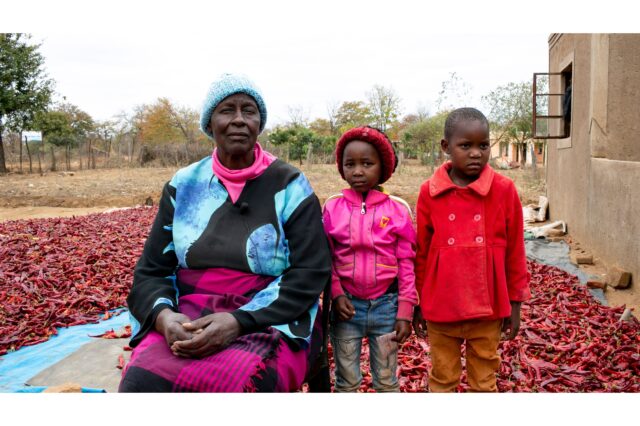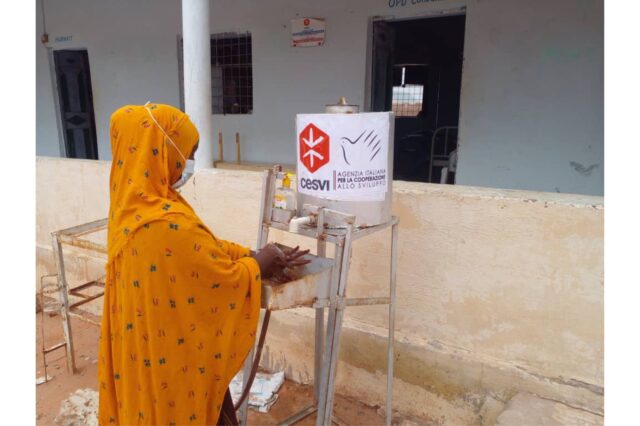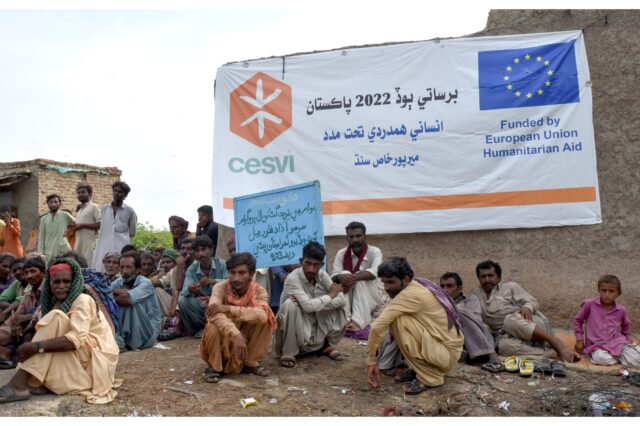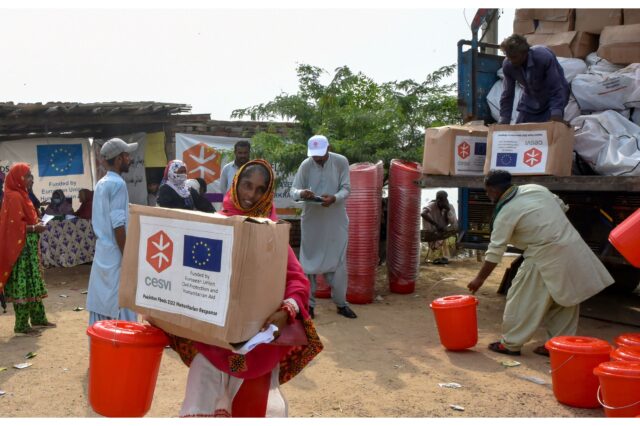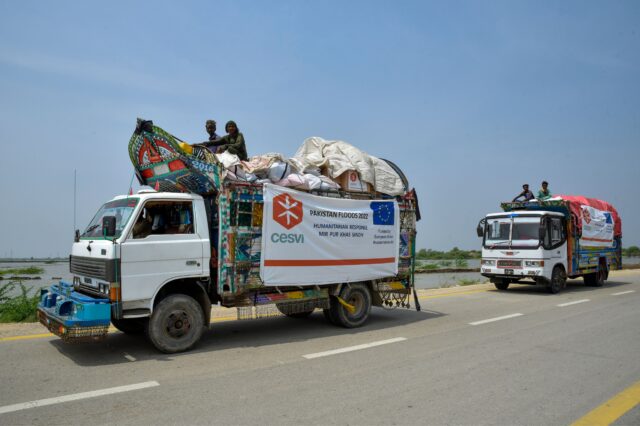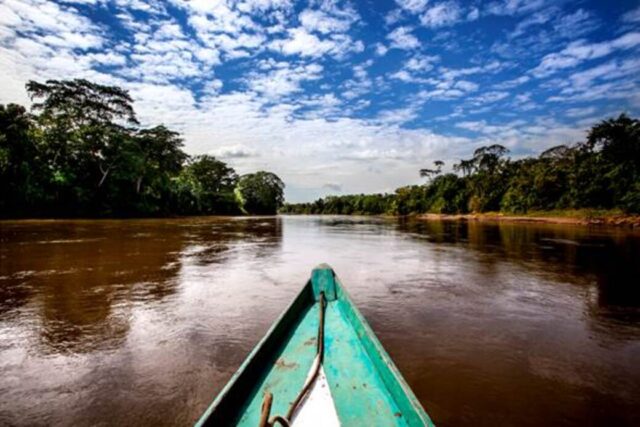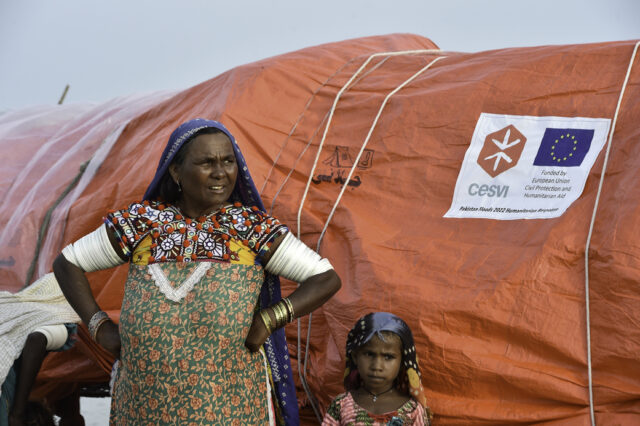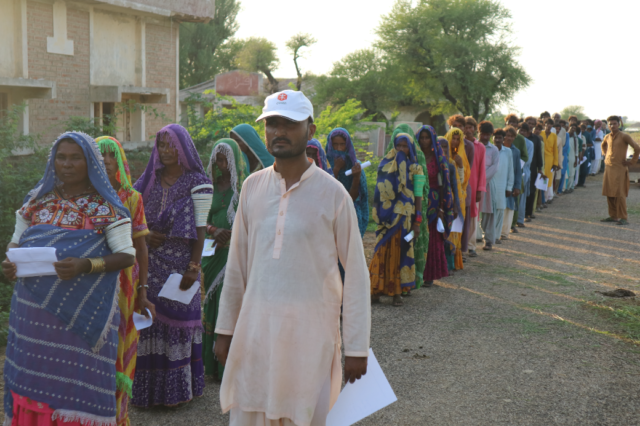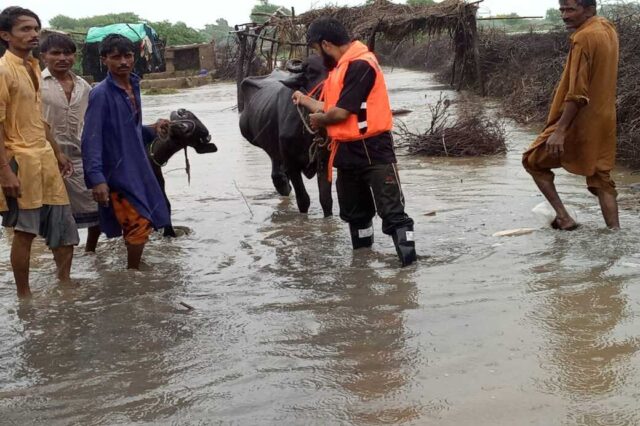In Zimbabwe, the climate emergency, combined with hunger, leads the population to struggle every day to earn survival and dignified daily life.
ContinueUpdates from Somalia: severe famine threatens women and children
CESVI has been intervening in Somalia since 2006, with the aim of contributing to the improvement of the living conditions of the populations affected by the humanitarian crisis and environmental shocks, in the regions of Lower Shabelle, Mudug, Galgadug and Hiraan and improving access to health services and nutritional essentials, promote knowledge of hygiene practices, as well as promote food security for populations affected by the crisis.
ContinueCESVI still on the front line to support Pakistan, devastated by the climate crisis
We at CESVI have been present in Pakistan since 2005, reaching more than 2.5 million beneficiaries. We have been operating in Sindh for years, where we help local communities and authorities to improve their disaster response capabilities with training activities aimed at improving crisis response capabilities. We have also arranged for the creation of river water monitoring systems that make it possible to control the level of watercourses and to prepare for the impact of floods, once the alert threshold has been reached.
ContinueClimate emergency in Pakistan: ever-increasing numbers and an escalating humanitarian crisis
In Pakistan, over 7 million children and women need immediate access to nutritional and health services and some 5.5 million people lack access to safe drinking water. In the fragile segment of the population, 4 million children do not have access to health services (OCHA, 2022).
In flood-affected areas of Sindh and Balochistan, outbreaks of waterborne diseases continue to increase, particularly due to the unavailability of health facilities and the disastrous consequences of standing water.
Pakistan, the consequences of the flood also affect food security
In Pakistan, the number of people affected by the floods continues to remain dramatic: 33 million, of which 7.9 million are internally displaced.
Even if the rainy season is drawing to a close, in the southern provinces the situation is still critical and there is indeed an increase in the water level in the flooded areas.
CESVI Foundation, and Giuseppe and Pericle Lavazza Foundation in TERRA MADRE with THE FOREST GUARDIANS
CESVI, with the continuous support and commitment of the Giuseppe and Pericle Lavazza Foundation, has been involved for years in the reforestation of the Peruvian Amazon in collaboration with the Peruvian Ministry of the Environment and local indigenous communities with the FOREST GUARDIANS project.
ContinueIn Pakistan we are still in a state of emergency
In Pakistan, about 7.6 million people, almost half of whom are children, are displaced, are still in a state of emergency and are in need of help (OCHA, 2022). At least 23,900 schools have been damaged or destroyed by floods across the country, most of them in Sindh. Of those remaining, 5,500 are used as rescue camps.
ContinueUpdates from Pakistan: the visit of Secretary General Guterres in a still disastrous situation
Between 8 and 10 September, UN Secretary General Antonio Guterres organized a visit to Pakistan to offer solidarity and support to the local community. Since June of this year, the country is experiencing a serious humanitarian crisis, caused by one of the worst monsoon seasons in its history.
ContinueClimate crisis in Pakistan: a third of the country is submerged by floods
Since June 14, Pakistan has been experiencing one of the worst monsoon seasons in its history, 3 times – 5 times in the most affected areas – more intense than the average of the last 30 years. According to the United Nations, 33 million people – including 16 million children – have been affected by […]
Continue